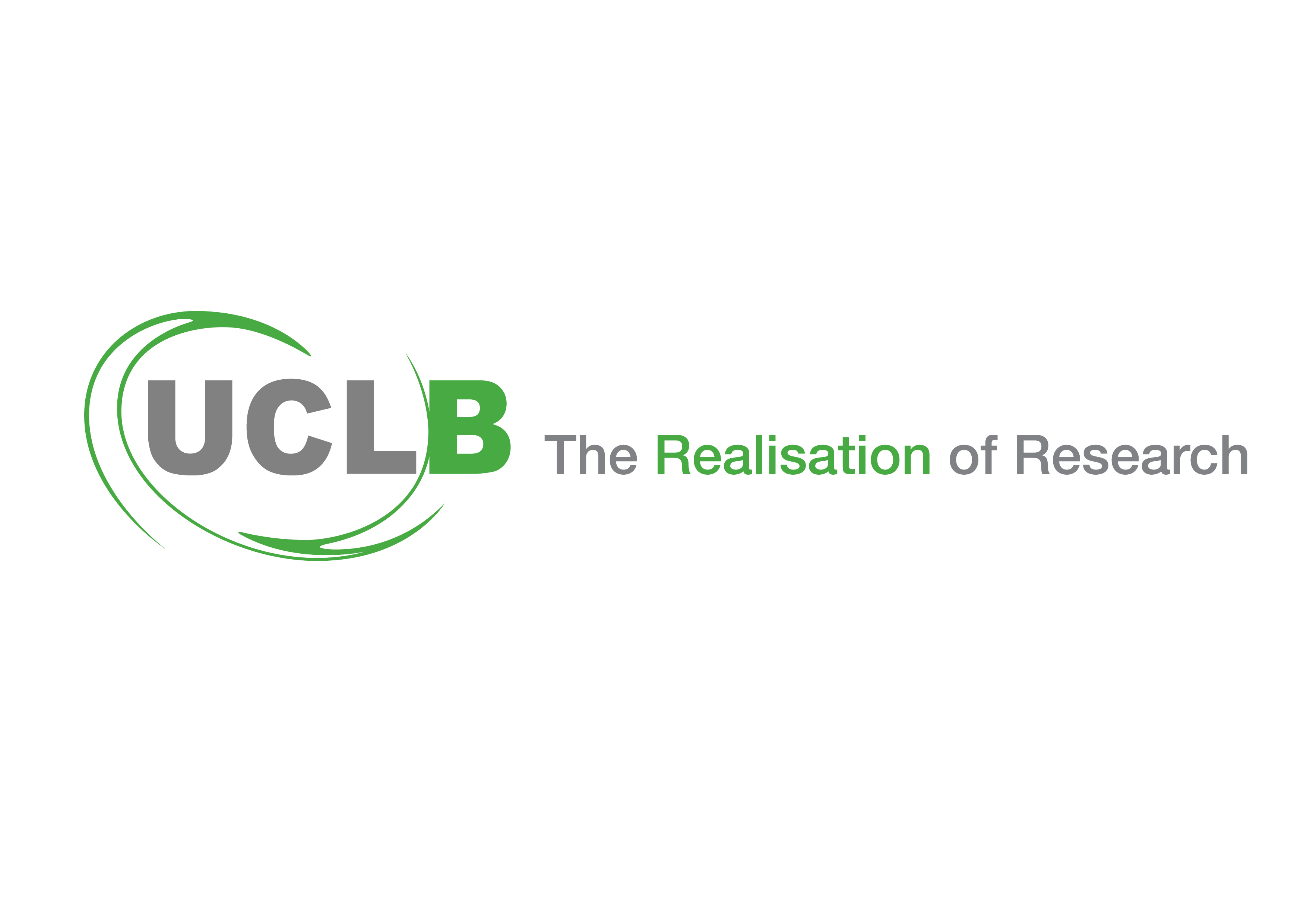UCLB News
UCLB launches new guide for translating university knowledge into Social Enterprise
21 March 2013

Today sees the launch of a guide which seeks to assist staff in UK higher education institutions in transforming their research and ideas into successful social ventures. ‘From ideas to social enterprise: a guide to utilising university intellectual property for the benefit of society’ was developed collaboratively by University College London (UCL), UnLtd, UCL Business PLC (UCLB) and STORM® Skills Training CIC based on their experiences of successfully utilising university knowledge and resources, including intellectual property for public benefit. It was made possible through the generous support of the Intellectual Property Office Fast Forward Competition.
The guide offers specific tools, such as an interactive scenario builder and social enterprise business sketch planner, so that knowledge transfer offices across the UK can work more effectively with their colleagues within their institutions to build and scale social enterprises based on the UK’s cutting-edge research.
Dr Steven Schooling, UCLB Director of Physical Sciences, Engineering, Built Environment & Social Sciences said “UCLB is committed to supporting the development of social enterprises as a further mechanism to translate UCL’s innovative knowledge base into products and services that provide substantive benefits of society. We are therefore delighted to have collaborated with partners such as UnLtd and STORM to develop a resource that can provide valuable support to those involved in knowledge transfer across the HE sector”.
This guide comes at a time when there is a rapidly growing demand for social innovation across Europe and the world. UnLtd supports social entrepreneurs in all contexts, but sees HEIs as a particularly rich source of innovative ideas for social change. As Cliff Prior CEO said: “This guide helps academics and institutions to recognise and realise the potential of their research ideas to bring about social good. It makes an important contribution to enabling a culture of support for social enterprise within the university sector, complementing our work to support students to set up social ventures also”.
‘From Ideas to social enterprise’ is the first social enterprise resource to offer guidance and support university staff who wish to create and capture sustainable value through social enterprise. Dr. Gill Green, Chief Executive of STORM® Skills Training, a spinout social enterprise from the University of Manchester said: “It is a valuable tool for academics and knowledge transfer offices to realize the potential of innovations with social value; creating a credible business model that benefits the community”.
Download the PDF version here.
About UnLtd
UnLtd is here for social entrepreneurs. It is the leading provider of support to social entrepreneurs in the UK and offers the largest such network in the world. UnLtd resources up to 1,000 individuals each year through their Awards programmes. UnLtd operates a unique model by investing directly in individuals and offering a complete package of support; its Awards include advice, networking, mentoring and practical support as well as funding from £500 to £15,000.
UnLtd enables individuals from age 11 upwards to start and run ventures with the aim of creating social impact on a local, regional or national level. It conducts research to identify the impacts created by social entrepreneurs and to learn how best to support them to succeed. UnLtd’s surveys show that its award winners gain confidence and skills to run social ventures. Nearly half employ at least one person, while over three quarters create volunteering opportunities. They typically reach a median average of 100 beneficiaries each year, while some reach thousands.
UnLtd is also committed to developing an ecosystem of support to make it easier for new social entrepreneurs to find the help they need. It actively helps other agencies to develop social entrepreneur support services.
The Global Entrepreneurship Monitor (Harding and Harding 2008) found that there were 1.7m people leading social organisations in the UK, 238,000 trying to start one, and that 35% of all early stage entrepreneurs were starting with social ventures. UnLtd is focused on UK social entrepreneurs. Its model has been replicated in four other countries with several more in the pipeline.
For more information about the support offered by UnLtd, please visit: www.UnLtd.org.uk
About UCL
Founded in 1826, UCL was the first English university established after Oxford and Cambridge, the first to admit students regardless of race, class, religion or gender and the first to provide systematic teaching of law, architecture and medicine.
We are among the world’s top universities, as reflected by our performance in a range of international rankings and tables. According to the Thomson Scientific Citation Index, UCL is the second most highly cited European university and the 15th most highly cited in the world.
UCL has nearly 25,000 students from 150 countries and more than 9,000 employees, of whom one-third are from outside the UK. The university is based in Bloomsbury in the heart of London, but also has two international campuses – UCL Australia and UCL Qatar. Our annual income is more than £800 million.
www.ucl.ac.uk | Follow us on Twitter @uclnews | Watch our YouTube channel YouTube.com/UCLTV
About UCLB
UCLB is a leading technology transfer company that supports and commercialises research and innovations arising from UCL, one of the UK’s top research-led universities. UCLB has a successful track record and a strong reputation for identifying and protecting promising new technologies and innovations from UCL academics. It invests directly in development projects to maximise the potential of the research and manages the commercialisation process of technologies from the laboratory to market.
UCLB supports UCL’s Grand Challenges of increasing UCL’s positive impact on and contribution to Global Health, Sustainable Cities, Intercultural Interaction and Human Wellbeing.
For further information, please visit: www.uclb.com